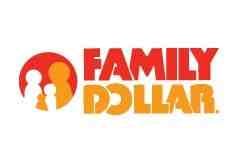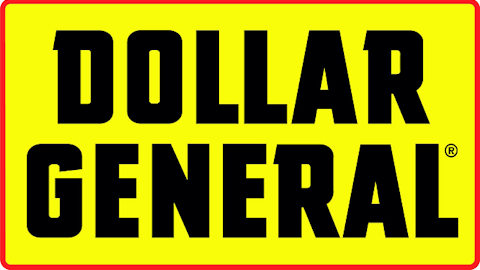Dollar stores are deep discount retail outlets that have become more popular with consumers in the wake of the financial crisis of 2008. This article discusses whether these outlets are also good buys for ordinary investors.
A brief overview of dollar stores
Dollar-store retail chains have become increasingly popular with consumers since the financial crisis. In so doing, these discount stores have gained market share from other retailers. This included so-called “big box” stores (think: Wal-Mart Stores, Inc. (NYSE:WMT) and Target Corporation (NYSE:TGT)) as well as grocery stores and national retail pharmacies like CVS Caremark Corporation (NYSE:CVS) and Walgreen Company (NYSE:WAG).
By providing national brands, dollar stores have long captured low-income shoppers. But with their push into the discount retail sector, higher-income households have also bought in because of the “Great Recession.” Further, these chains have also added groceries to their shopping carts and this has significantly boosted their growth.
In short, dollar stores are giving consumers reasons to buy. This is important since American consumers account for a significant portion of the U.S. economy. In the end, what’s good for consumers is also good for investors. In sum, investors looking to buy into the retail sector should seriously consider plunking down some coin in dollar stores.
Let’s take a look at some of the leading dollar stores in the retail sector.
Top three dollar stores in the U.S. retail sector
The three Kings of the dollar store retailers are Family Dollar Stores, Inc. (NYSE:FDO), Dollar General Corp. (NYSE:DG), and Dollar Tree, Inc. (NASDAQ:DLTR).
These deep discount retailers have outperformed their big-box peers in the first quarter of 2013. The big boys were off to a slow start this year, which they blamed on the payroll tax normalization, the federal budget sequester mandated by Congress, as well as the stormy weather. Of course, consumers are buying with caution as the economic recovery is moving in fits and starts.
And the dollar store kids have capitalized on consumers’ cautionary spending. The obvious question here is whether the dollar store chains will keep these customers as the economy makes progress, the stubborn unemployment rate declines to normal historic levels, and consumers have more discretionary income and stronger purchasing power. That being said, dollar stores should be solid long-term buys for the ordinary investor.
Family Dollar Stores, Inc. (NYSE:FDO) recently reported that in the second quarter of FY 2013, net sales increased 17.7% to $2.89 billion, same-store sales were up by about 3%. Net income per diluted share for the quarter increased 5.2% to $1.21/share. Further, the leading dollar store has consistently paid dividends – a trend that should continue given its recent performance.
In fact, Family Dollar Stores, Inc. (NYSE:FDO) increased its dividend by more than 23% as the previous fiscal year ended. And a new $300 million share repurchase plan will help the retailer maintain solid earnings. Finally, the current share price is about $61.25 – well below the 52-week high of more than $74/share.
Meanwhile, Dollar General Corp. (NYSE:DG) hit a speed bump this week. The company just reported that it expects “moderating sales growth” and a lower gross profit than previously anticipated. Shares were quickly pummeled and fell by more than 9% on Monday. Until now, Dollar General Corp. (NYSE:DG)’s share price has climbed about 10% this year on the heels of solid numbers reported earlier this year for FY 2012.
The retailer now calls for adjusted earnings per share of $3.22, down from its earlier call for $3.30. Shares have recovered a bit and the price is now hovering at $50, but this looks like a hold for the rest of this quarter. However, the discount chain previously announced a bold share repurchase authorization of $500 million which will enhance revenue and earnings growth in the long run.




